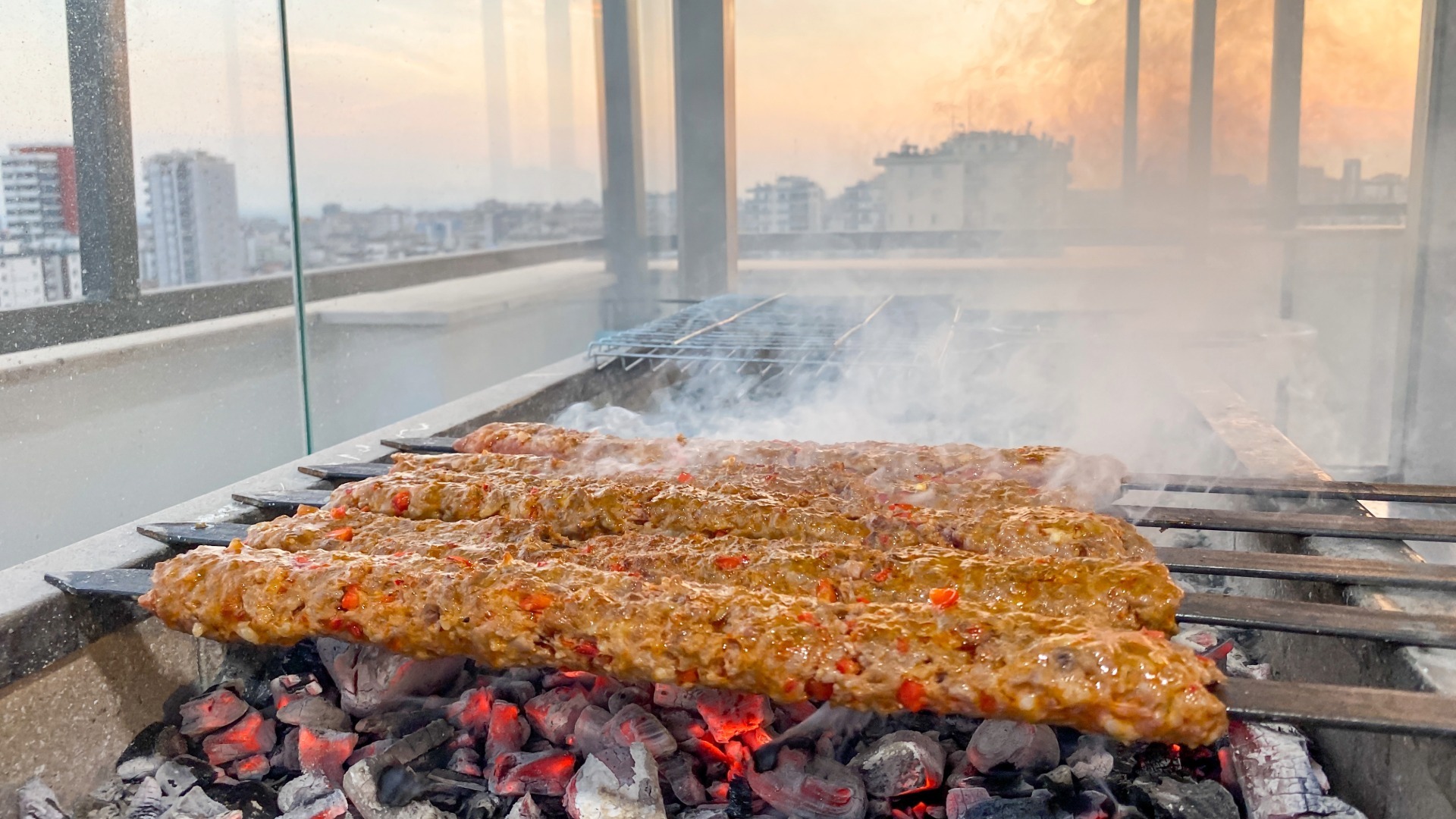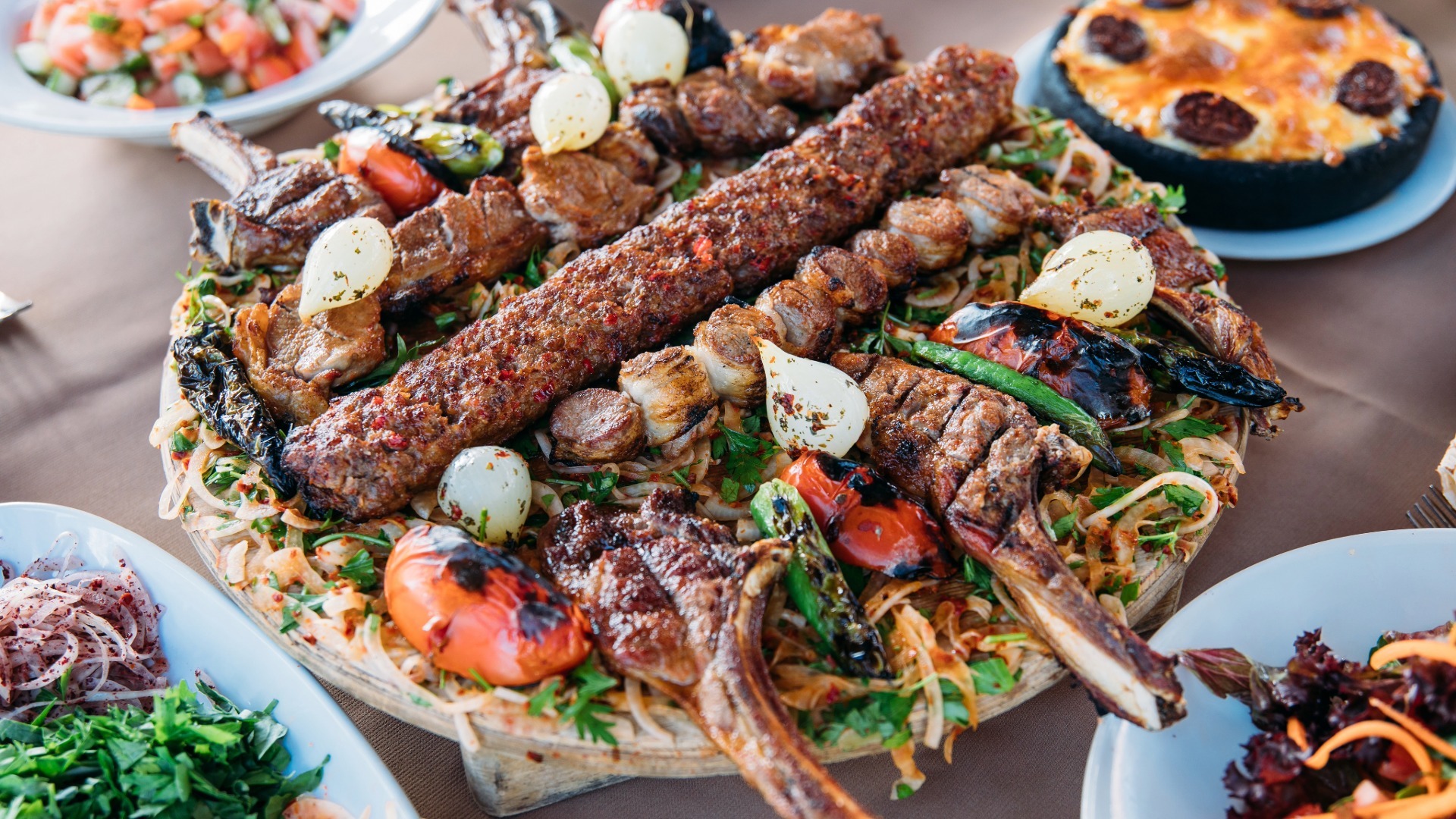The £50,000 fan that cost £2.5 million: When bureaucracy becomes a weapon
Posted by Emma on 29th Oct 2025 Reading Time:
A £50,000 kitchen extractor fan has left one of South London’s best-loved Turkish restaurants fighting for survival — and ignited a national debate on whether local councils have gone too far in using laws designed to catch gangsters to punish small businesses.
Meze Mangal, a fixture of the Lewisham dining scene for over 25 years, now faces a staggering £2.5 million penalty under the Proceeds of Crime Act (POCA) — legislation typically reserved for serious organised crime. Its alleged offence? Installing a kitchen ventilation system without planning permission .
From Neighbour Complaint to Criminal Court
The saga began in 2014, when brothers Ahmet and Sahin Gok, who emigrated from northern Turkey in the 1980s, installed a new extractor system after a single neighbour complained about cooking smells. The fan, which cost £50,000, resolved the issue but required planning permission because the restaurant is located in a conservation area.
Unaware of this requirement, the brothers later applied for retrospective permission — which was refused. The council issued a planning enforcement notice, and despite negotiations, the structure remained. In 2020, the Goks were informed the case had been dropped, only to be told it had been reopened months later.
In March 2023, they were convicted in absentia after missing a court date due to their father’s terminal illness. That conviction allowed Lewisham Council to pursue them under POCA — claiming they had “profited illegally” while in breach of planning law .
The result: an eye-watering £2.5 million confiscation order, calculated from six years of restaurant revenue — a figure more befitting a criminal cartel than a family eatery.
Passports Seized, Accounts Frozen, Livelihoods Threatened
The punishment did not stop at the fine. The brothers had their passports seized, preventing them from travelling abroad — even for family funerals. Their business bank accounts were frozen, choking off cash flow and costing thousands in lost income.
“They made us into criminals, as if we’ve done something wrong,” said Sahin Gok. “I don’t want to stay here anymore. Mentally, I’m just finished.”
The irony has not been lost on locals. Meze Mangal reportedly hosted Lewisham Council’s own staff Christmas parties, even as the same authority pursued them under anti-crime legislation. The brothers have since launched a crowdfunding campaign, raising more than £13,000 in legal fees from supporters .
A Law Meant for Gangsters, Used on Restauranteurs
The use of the Proceeds of Crime Act 2002 in this context has caused widespread unease. POCA was created to strip assets from drug traffickers, fraudsters, and money launderers — not to penalise small businesses for planning oversights.
Experts warn this may represent a dangerous mission creep in how local authorities use criminal legislation. A compliance review by Comsure Group described the case as “an unprecedented use of POCA,” warning it raises “serious questions about proportionality and the creeping criminalisation of civil breaches” .
Adding to concerns, a Lewisham Council job advert uncovered by The Londoner listed among its objectives: “Maximise income for the borough in respect of the proceeds of crime.” For critics, that wording betrays a worrying financial incentive behind these prosecutions .
Council Defence: ‘We Tried to Resolve Informally’
Lewisham Council, for its part, insists the action is justified. A spokesperson stated: “We always try to resolve cases informally, and prosecution is an absolute last resort. The restaurant continues to operate with the illegal extractor eight years after the case was opened. Had the extraction system been removed, no further action would have been necessary.”
The council added that the court — not the council — decided to confiscate passports and calculate the POCA penalty, saying it merely followed the rules of due process.
A Symptom of a Wider Trend
This is not an isolated incident. Just a short walk away, KJ Building Supplies previously faced a similar POCA prosecution over storing sand and timber on its property. That case was dropped only after a community campaign rallied in defence of the business.
Campaigners fear this marks a shift in enforcement culture, as cash-strapped councils under budget pressure increasingly use aggressive legal tools to extract revenue. “The idea that councils might weaponise criminal law to balance the books should alarm every small business owner,” one local campaigner told reporters.
The Human Cost of Legal Overreach
Beyond the legal complexities lies a simple human story — one of ordinary people caught in extraordinary circumstances. For the Gok brothers, the case has meant missed family funerals, months of emotional strain, and the possibility of losing a business that has served the community for decades.
What began as an attempt to appease a neighbour has now spiralled into a fight for survival — one that highlights the fine line between justice and overreach in Britain’s local governance.
A Precedent That Could Change Everything
If upheld, the Meze Mangal case may set a precedent that allows councils nationwide to use criminal confiscation powers for civil breaches. The implications are profound: any business that falls foul of planning rules, however minor, could face prosecution under laws originally designed to dismantle criminal empires.
As appeals move forward, Meze Mangal remains open — a restaurant still serving its loyal patrons but now also serving as a symbol of a much larger question:
How far should government go in turning administrative errors into criminal offences?





